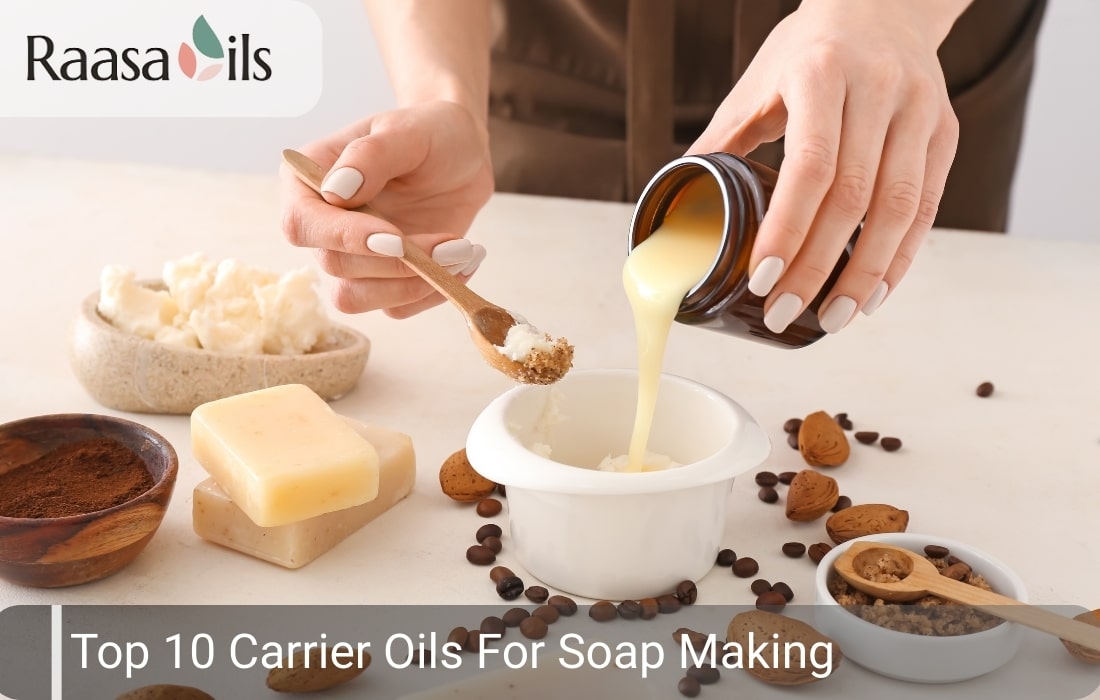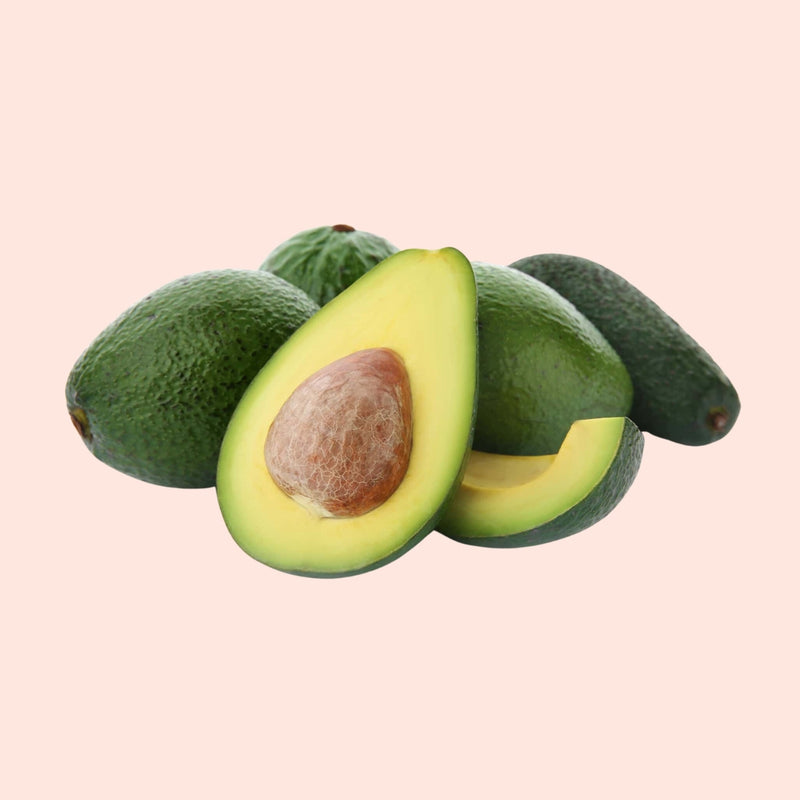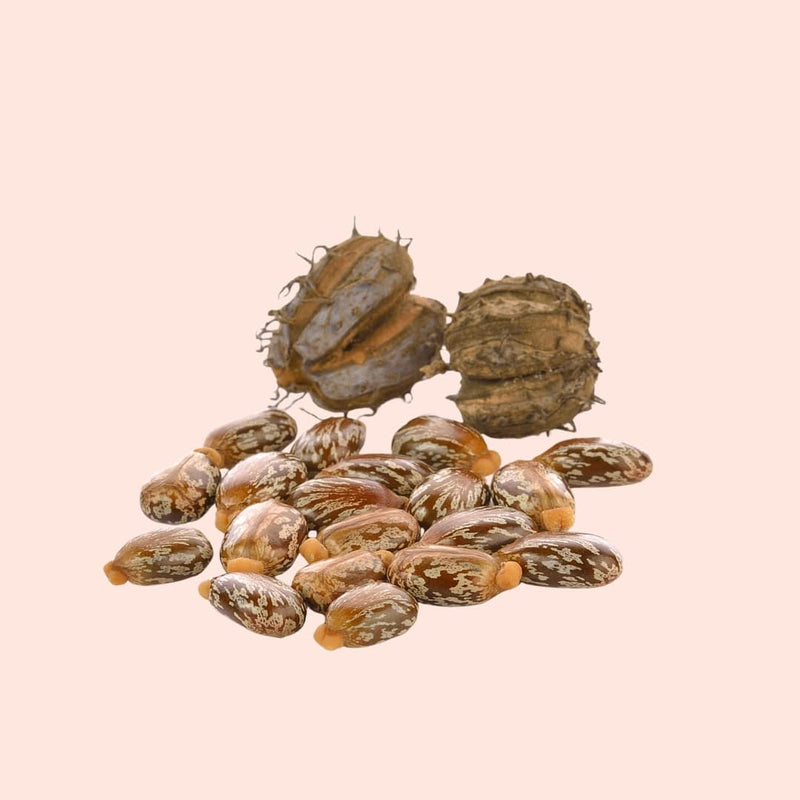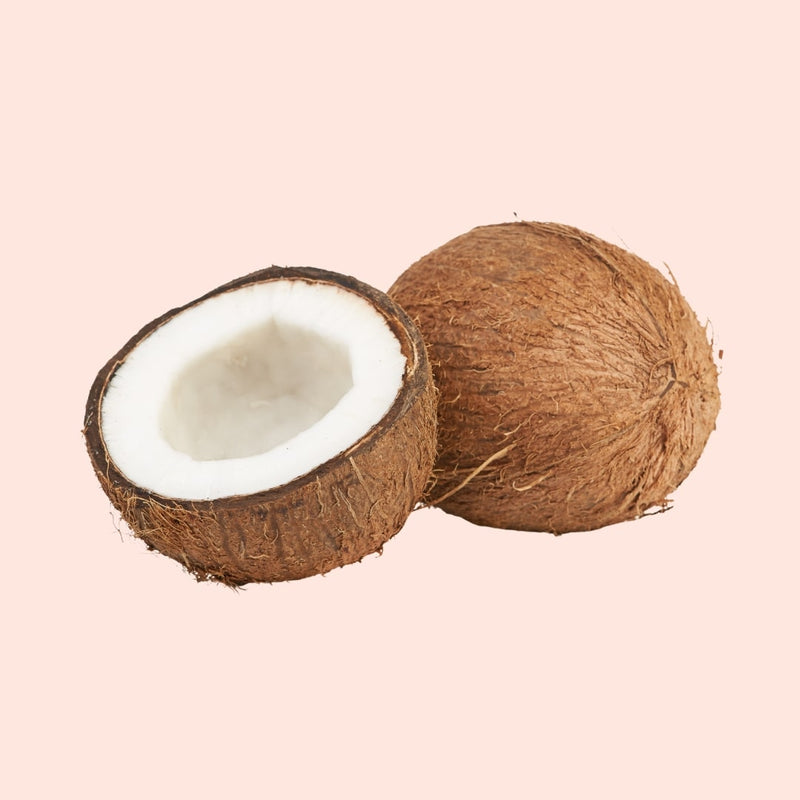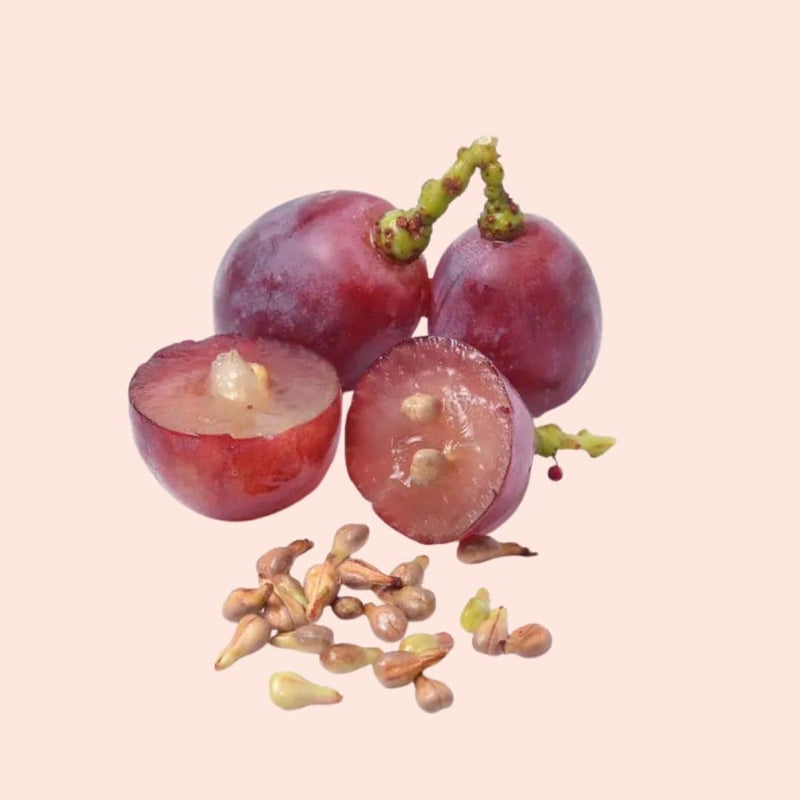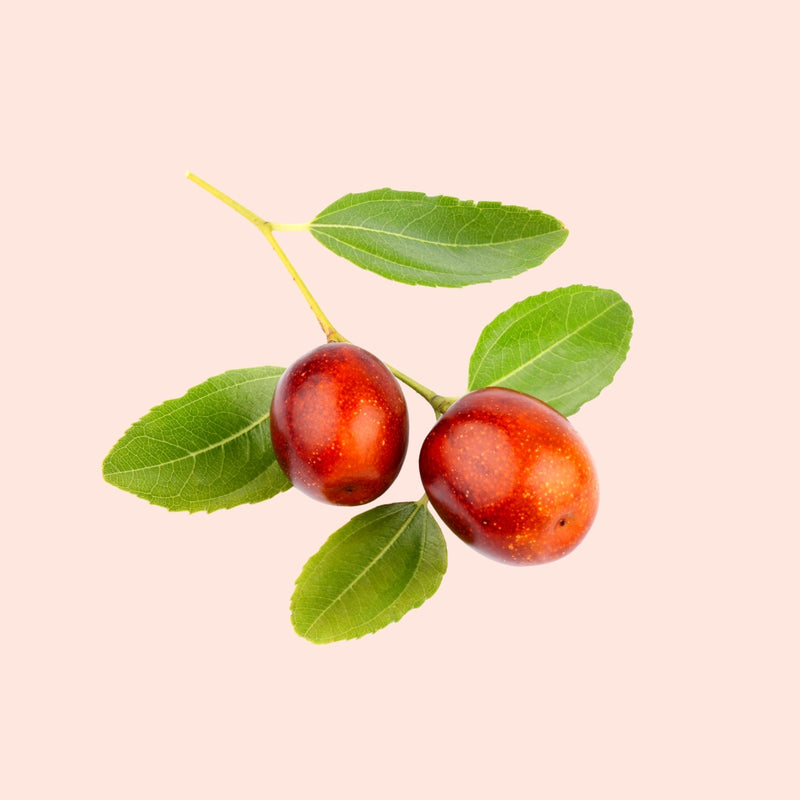High-quality handmade soaps rely on carrier oils, which determine the skin texture and lathering quality. All oils also offer some type of specialty, whether moisturizing, cleansing, conditioning, or hardening. The type you select as your carrier (or combination of carriers) oils can spell the difference between a nourishing, effective soap and an awful one. These nut, seed, and fruit oils are great sources of essential fatty acids, vitamins, and antioxidants that make the skin healthy. Maybe it helps you to have sensitive skin and you prefer a gentle bar, a creamy and rich lather, or a cleansing cream; in any case, it doesn't matter which carrier oil combination you are working with. In our guide, we will dive into the top 10 carrier oils used in soap making and their unique benefits.
Top 10 Carrier Oils for Soap Making
The correct carrier choice of oils can increase performance, skin benefits, and shelf life when making soap. All the oils bring in-imparted features such as hardness, lathering, or moisturizing. And here are the top 10 carrier oils for soapmakers to provide upgraded, skin-friendly, and nourishing balancing soap bars.
1. Jojoba Oil for Soap Making
The jojoba oil is treasured in soap manufacturing because it is a moisturizing and skin-conditioning agent. It is technically a liquid wax and closely resembles the natural sebum of the skin, thus being a great choice of wax to use with sensitive and dry skin.

It has been known to be more costly than other oils; however, when a small amount is added to your soap, it adds nourishment, softness, and shelf life. Jojoba Oil is also resistant to rancidity and thus makes it a popular choice with luxury, skin-oriented soaps.
2. Sweet Almond Oil for Soap Making
Sweet almond oil contains an abundance of vitamins A, E, and essential fatty acids, properties that make sweet almond oil a moisturizing and calming soap ingredient. It leaves a conditioning, light foam, which is appropriate for dry or irritated skin.

Sweet almond oil is often mixed with harder oils to create a balance between the strength of that cleansing and the softness of the skin. It has a gentle fragrance that combines well with essential oils; hence, it is suitable for skin-friendly soap.
3. Apricot Kernel Oil in Soap
Apricot kernel oil is light in nature but quite nourishing and is suitable for sensitive skin and mature skin. It is a source of vitamins A, C, and E that assist in safeguarding against free radical insults.

Apricot kernel oil helps to provide a silky, moisturizing lather and does not feel greasy when making soap. It is best applied as a lower percentage ingredient, where it will improve conditioning properties and also support a mild cleansing effect, making it popular in facial or baby soaps.
4. Fractionated Coconut Oil for Soap Making
Both lightweight and stable, fractionated coconut oil is the type of oil that does not harden at any temperature. It is branded, unlike the normal coconut oil, hence the light texture, and it has a longer shelf life.

It improves the conditioning abilities of the bar and helps develop a cleansing and yet mild lather when it is being used in soap making. It is also a good superfatting oil, that is, fractionated coconut oil adds silkiness without overpowering other ingredients. It is quite stable, which is why it makes a good selection when it comes to long-lasting soaps.
5. Grapeseed Oil for Soap Making
Grapeseed oil has the ability to soothe the skin; it is light in nature. Grapeseed oil has antioxidants such as vitamin E and polyphenols that assist in guarding skin against environmental pressures.

When used in soap manufacturing, it makes a soft, moisturizing, silky bar. It also does not have as long a shelf life, but it can extend the longevity by combining it with other, more stable oils. It is wonderful in facial soaps or mixtures targeted at mild skin care.
6. Palm Oil for Soap Making
Palm oil is a staple in traditional soap recipes because it adds hardness and a creamy lather. It’s high in palmitic acid, which creates a firm bar that lasts longer. Palm oil balances cleansing and conditioning properties, making it a versatile base oil.

Ethical soap makers often choose sustainably sourced palm oil to reduce environmental impact while still benefiting from its excellent soap-making qualities.
7. Olive Oil for Soap Making
Olive oil is a classic soap-making ingredient, known for producing gentle, conditioning bars. Rich in antioxidants and healthy fats, it’s suitable for all skin types, especially sensitive or dry skin.

Pure olive oil soaps, like Castile, have a smooth, creamy lather and are long-lasting. Although they take longer to cure, the result is a mild, nourishing bar with excellent moisturizing properties. It’s often combined with harder oils for balance.
8. Castor Oil for Soap Making
Castor oil is a thick, viscous oil that enhances lather and boosts moisture in soap. It’s rich in ricinoleic acid, which creates a stable, creamy foam. While it’s not used as a primary oil due to its stickiness, adding 5–10% to a recipe improves the soap’s conditioning qualities and adds a luxurious, bubbly texture.

Castor oil blends well with cleansing and hard oils, making it a favorite for specialty soaps.
9. Sunflower Oil for Soap Making
Sunflower oil is an affordable, skin-loving oil rich in vitamin E and linoleic acid. Sunflower oil adds moisturizing qualities to soap, producing a gentle lather that’s great for sensitive skin.

While it has a shorter shelf life, using it in moderation or pairing it with stabilizing oils can extend usability. It’s commonly found in natural and baby soaps for its mildness and nourishing benefits.
10. Avocado Oil for Soap Making
This oil, rich in nutrients, avocado oil, conditions the skin deeply and nourishes it. It contains high levels of vitamins A, D, and E, which enhance the elasticity of the skin and skin hydration. Avocado oil gives creaminess and luxury in the process of making soap.

It is more expensive, but its wetting effects are increased by its use in small levels, therefore it fits in high-grade or specialty soaps. Soaps may also be imparted with a special earthy mellow hue by their natural green color.
Conclusion
The quality soap-making process involves carrier oils as the core, and each of the oils has distinct advantages to the skin in terms of health, texture, and sustainability. Soap makers already know the properties of these oils and how mixing them up can easily produce a truly soothing, toothsome, and nourishing bar with a specific purpose depending on the skin type.
DISCLAIMER
This content is for informational purposes only and is not a substitute for professional medical advice, diagnosis, or treatment. Always consult a healthcare provider before using carrier oils for any health condition.

